What Are The Stages Of Delusion? All you need To Know In 2024
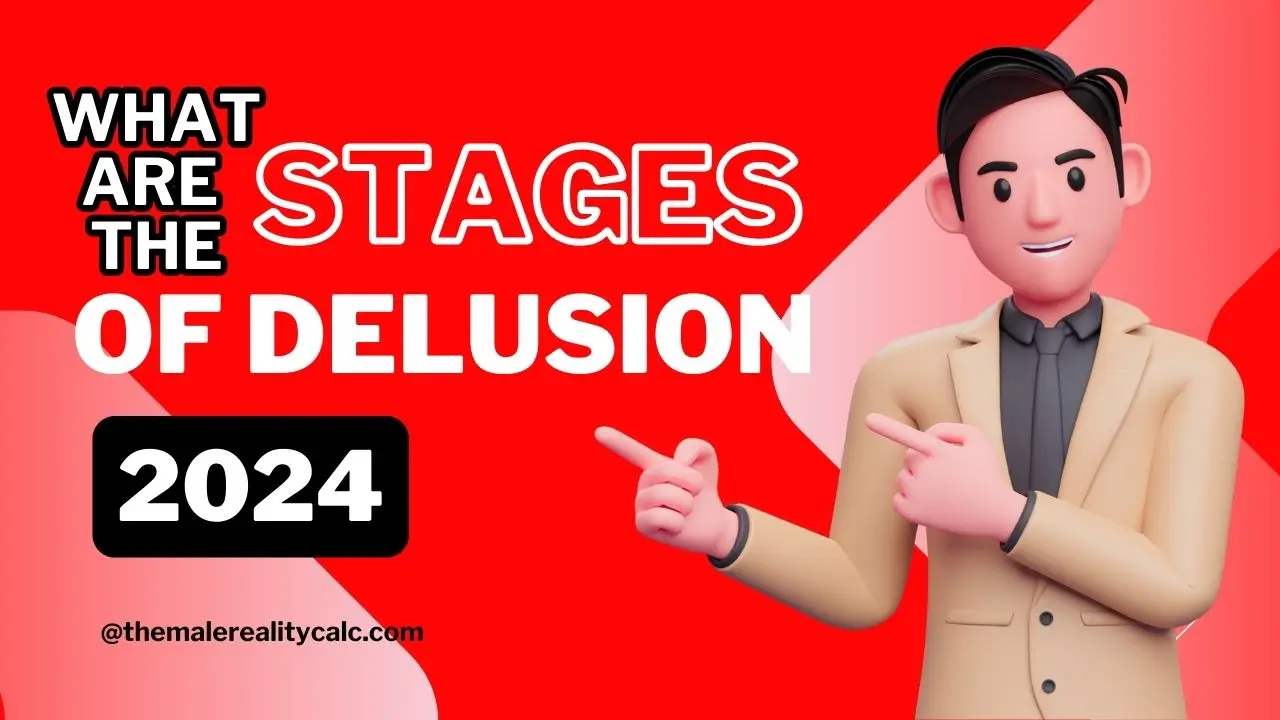
What Are The Stages Of Delusion? Delusions are mistaken beliefs that persist despite inconsistent proof. They can affect anyone but are more common in those suffering from mental illnesses such as schizophrenia, bipolar disorder, or dementia. Delusions can be distressing, hinder functioning, and lead to risky behavior.
But how can delusions arise? Are they abrupt or gradual? Do they have varying degrees of severity? In this post, we will look at the stages of delusion, the types, and how to recognize and treat them.
Stage 1: Suspicion
Suspicion is the first stage of delusion. This is when a person begins to question the truth of their position or the motives of others. They may experience paranoia, anxiety, or mistrust. They can doubt their senses or memories. They may also have irrational or irrational fears, such as being watched, followed, or poisoned.
Suspicion is not always a symptom of delusion. It is a natural reaction to stress, trauma, or uncertainty. It can also be a sign of other problems, such as depression, anxiety, or substance misuse. If, on the other hand, suspicion becomes excessive, persistent, or illogical, it may signal the onset of a delusional disorder.
Stage 2: Preoccupation
Preoccupation is the second stage of delusion. This occurs when a person becomes preoccupied with their incorrect notion and seeks proof to back it up. They may spend hours researching, investigating, or gathering evidence to support their belief. They may also disregard or dismiss any evidence that contradicts their fantasy.
Preoccupation can disrupt a person’s day-to-day life and relationships. They may disregard their employment, school, or personal obligations. They may withdraw from others or accuse them of being involved in a conspiracy. They may become defensive, argumentative, or aggressive when confronted with evidence of their delusion.
Stage 3: Conviction
Conviction is the third stage of delusion. It is the point at which a person is completely convinced of their incorrect belief and acts on it. They may resort to extreme actions to protect themselves from imagined threats or to attain their desired outcomes. They may also attempt to persuade people to support their cause or believe in their beliefs.
Conviction can have significant ramifications for a person and those around them. It could jeopardize their health, safety, or finances. It may cause physical or emotional harm to themselves or others. It may also contravene the law or social norms.
| Stage # | Name | Description |
| 1 | Suspicion | Questioning truth, experiencing paranoia, anxiety or mistrust, and doubting senses |
| 2 | Preoccupation | Preoccupied with incorrect belief and seeking proof to support it |
| 3 | Conviction | Completely convinced of incorrect belief, resorting to extreme actions, and causing harm |
How To Help Someone With Delusions
Delusions can be difficult to understand, that’s why there is a question that arises: What are the stages of Delusions? Well, both for the individual experiencing them and for their loved ones. However, several things can be taken to assist:
Seek The Help Of Specialists
Delusions are frequently symptoms of an underlying mental disease that necessitates diagnosis and treatment. Medication, therapy, or other therapies provided by a mental health professional can diminish the severity and frequency of delusions.
Be Encouraging And Understanding
Delusions are neither voluntary nor an indication of weakness. They are caused by a brain condition affecting people’s thinking and feelings. Try to comprehend their point of view and emotions without condemning or criticizing the person.
Avoid Arguing or Confronting Someone
Delusions do not follow logic or reason. Trying to prove or confront them incorrectly may aggravate or cause an adverse reaction. Instead, concentrate on facts and feelings on which you can agree and avoid issues that cause misperception.
Encourage Constructive Activities And Coping Strategies
Stress, boredom, solitude, or destructive emotions can all impact delusions. Activities that encourage relaxation, enjoyment, socialization, and self-care can help the person’s mood and well-being.
Seek Help For Yourself
Caring for someone suffering from delusions can be challenging and draining. It can also impact your mental health and quality of life. Take care of yourself and seek assistance from individuals who understand your predicament.
Delusions are not easy to overcome, but they are not impossible either. With proper treatment and support, a person with delusions can recover and find out What Are The Stages Of Delusion.
| Steps to Help | Description |
| Seek The Help Of Specialists | Delusions are often a symptom of an underlying mental disorder that requires diagnosis & treatment. |
| Be Encouraging And Understanding | Delusions are not voluntary nor a sign of weakness; try to understand the person’s emotions and point of view. |
| Avoid Arguing or Confronting Someone | Delusions do not follow logic or reason. Avoid confrontational tactics and focus on agreeing facts and emotions. |
| Encourage Constructive Activities And Coping Strategies | Encourage activities that reduce stress, encourage socialization, and support self-care. |
| Seek Help For Yourself | Caring for someone with delusions can be challenging and draining. Take care of your mental health and seek support from others. |
What Are The Stages Of Delusion: Types of Delusions
The Diagnostic and Statistical Manual of Mental Disorders, Fifth Edition (DSM-5) distinguishes four categories of delusions:
- Strange delusions, such as being abducted by aliens, are unlikely or impossible.
- Non-bizarre delusions, such as being cheated on, poisoned, or pursued by an ex, can occur in reality.
- Mood-congruent delusions are those that are consistent with a depressive or manic state, such as delusions of abandonment or persecution when depressed or superiority or renown when manic.
- The particular mood state does not affect mood-incongruent delusions. They may include nihilistic delusions (e.g., the world is ending) and control delusions (e.g., an external force controls your thoughts or movements).
There are also several different delusional themes, which are based on the main topic or idea of the delusion. Some common themes are:
Erotomaniac
People with this sort of delusional disease feel that another person, usually someone significant or famous, is in love with them. They may try to contact the delusory person and engage in stalking behavior. A person, for example, may assume that their favorite singer is communicating secret messages through their music.
Grandiose
Individuals suffering from this sort of delusional condition have an exaggerated feeling of self-worth, power, knowledge, or identity. They might believe they have a special gift or have made a significant discovery. For example, a person may feel they are a brilliant inventor who has invented a game-changing gadget.
Jealousy
People suffering from this delusional disease believe that their spouse or ual partner is unfaithful despite the lack of objective evidence. They may develop a fixation on their partner’s phone, email, or social media profiles. They may even accuse their partner of infidelity and present them with fabricated evidence. For example, a person may feel that their partner is having an affair with a neighbor after hearing them speak once.
Persecutory
People with this sort of delusional condition believe that someone or something is mistreating, spying on, or attempting to harm them (or someone close to them). They may develop paranoia and distrust for others. They may also file many complaints with legal authorities or seek vengeance on perceived adversaries.
Somatic
People with this sort of delusional disorder believe they have a physical or medical problem, such as a parasite or a terrible odor. They may seek medical assistance on multiple occasions or attempt to treat themselves with numerous remedies. They may also avoid social situations or activities revealing their fictitious flaw. For example, people may constantly itch themselves because they feel they have worms in their skin.
| Types of Delusions | Description |
| Strange Delusions | Beliefs that are unlikely or impossible, such as being abducted by aliens. |
| Non-Bizarre Delusions | Beliefs that may occur in reality, such as being cheated on, poisoned, or pursued by an ex. |
| Mood-Congruent Delusions | Consistent with a depressive or manic state, such as delusions of abandonment or persecution. |
| Mood-Incongruent Delusions | Not consistent with the person’s mood state, such as nihilistic delusions (e.g., the world is ending) or control delusions (e.g., an external force controls your thoughts or movements). |
| Delusional Themes | Common themes of delusions based on the main idea or topic, such as erotomania, grandiosity, jealousy, persecutory, and somatic. |
Frequently Asked Questions(FAQs) About What Are The Stages Of Delusion
What Are Delusions?
Delusions are false beliefs held firmly, even in the face of contrary facts. They are frequently a manifestation of a mental condition such as schizophrenia or bipolar disorder.
What Are The Stages Of Delusion?
The Suspicion stage, active phase, Preoccupation stage, and Conviction stage are the stages of delusions. A person may have non-specific symptoms such as anxiety, depression, or social withdrawal during the prodromal period.
What Causes Delusions?
A mental condition such as schizophrenia, bipolar disorder, or severe depression frequently induces delusions. Physical disorders such as brain injury or dementia might also cause them. Delusions can be triggered by drug use or withdrawal.
Can Delusions Be Treated?
Yes, delusions can be covered with medicine as well as therapy. Antipsychotic medication can help lower the severity and frequency of delusions, while counseling can teach coping skills and enhance general mental health.
How Can I Help Someone With Delusions?
If you know someone who is suffering from delusions, you must seek the assistance of a mental health expert. You can also be understanding and supportive of the person’s situation, encourage them to engage in productive activities, and care for their mental health.
Conclusion Abuot What Are The Stages Of Delusion
In conclusion, Delusions are false beliefs that individuals hold firmly despite contradictory evidence. They can have a profound impact on one’s life. Recognizing the stages of delusion, namely suspicion, preoccupation, and conviction, can help address these challenges.
To manage delusions, it’s crucial to seek specialized help, provide support, and encourage constructive activities. With appropriate treatment and understanding, individuals experiencing delusions can find relief and regain control over their lives. Let’s navigate the complexities of delusion together with empathy and support.

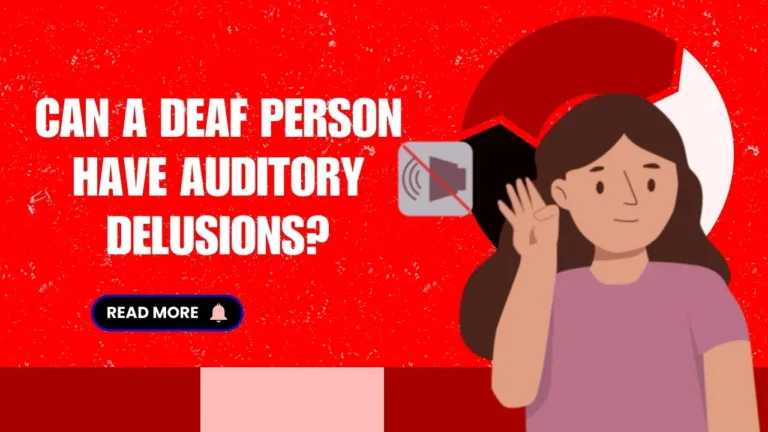
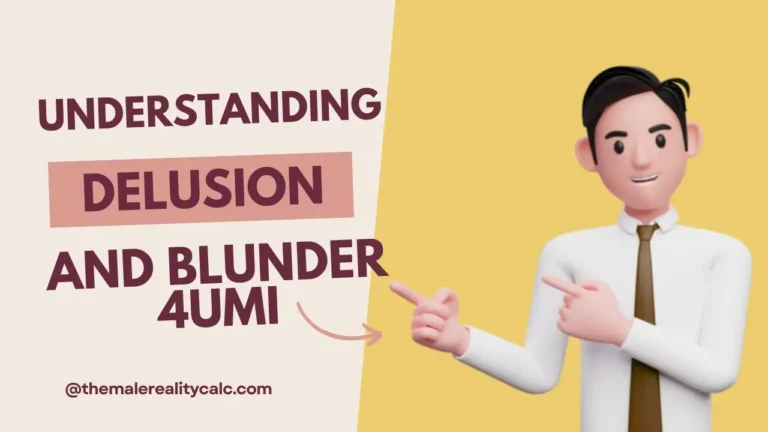
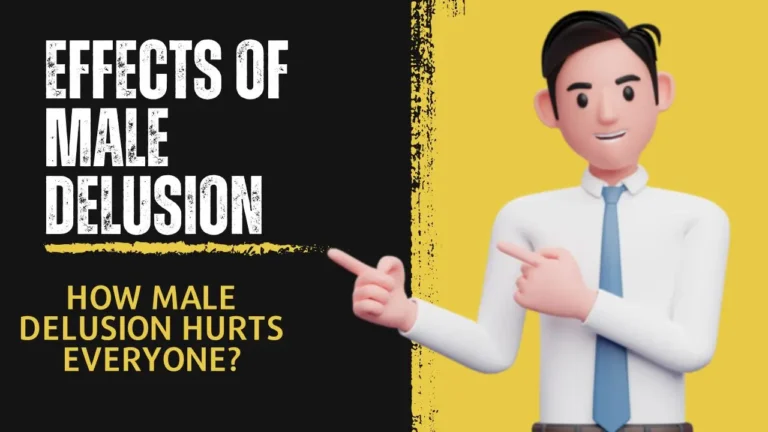

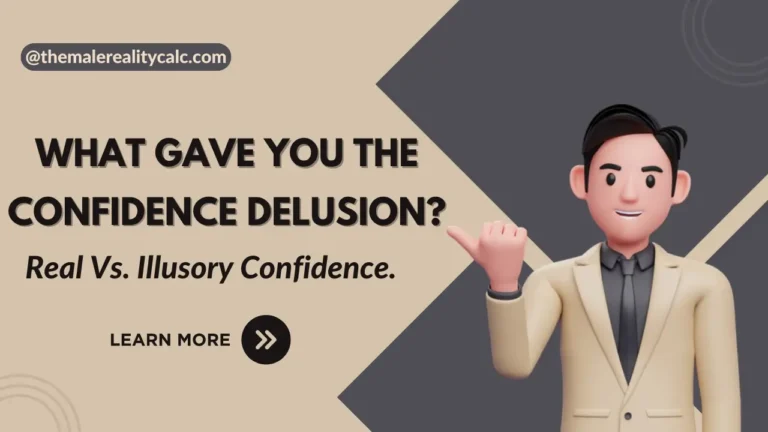

5 Comments